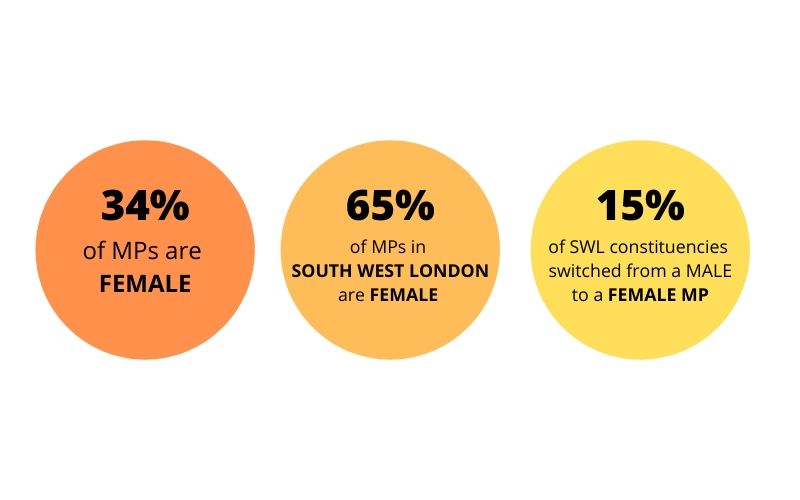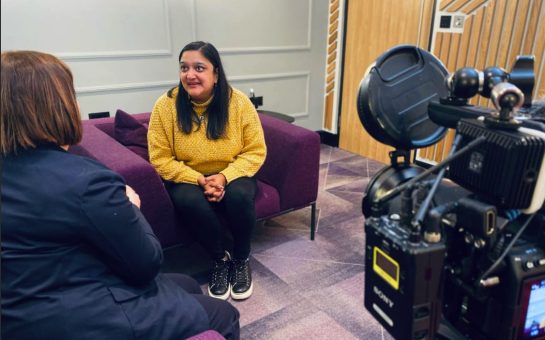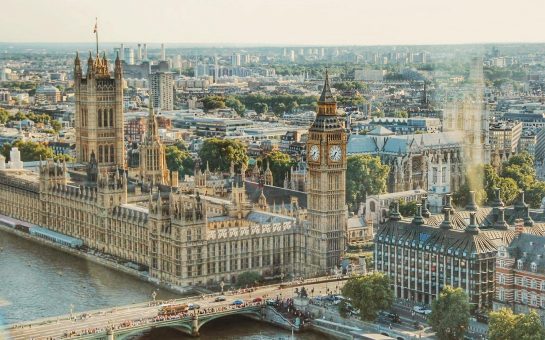![]() By Sophie Donovan
By Sophie Donovan
January 16 2020, 18.00
Follow @SW_Londoner
South west London has more female MPs than average, but Richmond Park’s Sarah Olney isn’t sure if gender dictates how people vote.
For the newly elected Richmond Park MP, considerations of gender were more subconscious in the minds of voters.
She said: “I’m reaching a bit here but I do wonder if it’s just that you’ve got a lot of women in this part of London that are used to having professional careers, who are used to being equal to their male peers at work, and equal earning power to their husbands, and so when confronted with the possibility of standing for parliament, they feel like they are equal to the task.
“Also, because voters are used to having female colleagues and wives who earn as much as they do, and so they’re much more comfortable voting for a female MP.”
The Liberal Democrat added: “I do think that the fact that we’ve now had another female prime minister does make a difference.
“It’s that ‘women can get to the top of politics, there is a career path for women in politics, there is a possibility of reaching the top job’.”
The 2019 general election saw the UK elect a record number of female MPs, but south west London finished well above the average.
Of the 650 MPs that make up our newest parliament, 220 (34%) are female.
Across the 20 south west London constituencies, 65% of newly elected MPs were female, with 15% of seats switching from a male to a female candidate.

According to figures published by members.parliament.uk, 32.5% (212 of 652) of the 2017 – 2019 parliament were female, while between 2015 – 2017, only 29.9% (194 of 648) of MPs were women.
Retired NHS administrator and Twickenham resident Penny, 65, made her position on this clear: “Men start all the problems, wars and everything like that.
“They’ve got this gung-ho attitude to everything, whereas women think things out better, they’re more rational.”
Yet for Twickenham businessman David McGeachie, 55, even subconscious decisions of gender didn’t influence his vote.
He said: “It was about her as a person, I certainly wasn’t making any statement about voting for a woman.”
He also added that all-women shortlists may have influenced the national average.
While Mrs Olney could only offer suggestions as to why we’d seen a surge in the number of female MPs, she was clear on the benefits to those in Westminster.
She said: “It’s nice having female colleagues, I can’t deny, because you do feel comfortable and you can chat, you can disclose things to a female colleague and they’re not going to be misinterpreted.”
Talking of her previous time as an MP, she added: “Increasingly since #MeToo has come along, well-meaning people who want to do the best by their colleagues have just become very conscious now of how things can be misinterpreted, and what a risk that is for men in particular.
“Certainly, amongst my colleagues there was kind of a real awareness that relationships between men and women, you had to watch what they were saying, be careful of how they were behaving and hyper vigilant.”
While she sees this as less of an issue now, there are others still at play: “There’s just a lot of men still who regard being female as a weakness and they will use it against you.
“I think it’s much less overt than it used to be, but it’s things like in a debate, a man with a loud booming voice will use that to talk over you, or use the fact that they’re taller to catch the speaker’s eye.
“It’s just politics. People will use their advantage.”
On women’s advantages, she said: “I do think that women’s experiences are distinctive from men’s in all sorts of little ways that we probably don’t notice.
“Women don’t walk home by themselves at night so that limits their ability to go out and do things.
“We have periods every month and that obviously slows us down, but also all of us, under a certain age, live with the possibility that we could get pregnant and that is a major issue for women.
“To have somebody with that distinctive experience just gives you a different perspective on life, you have a different assessment of risk, you feel differently about the provision of things like health services and education services.”
Talking specifically about what the seven female Liberal Democrats now sitting in Parliament could bring to politics, Mrs Olney said: “We’re women and you know we feel solidarity with other women, but we are serious and we are concerned about the same things that the men are concerned about.”




